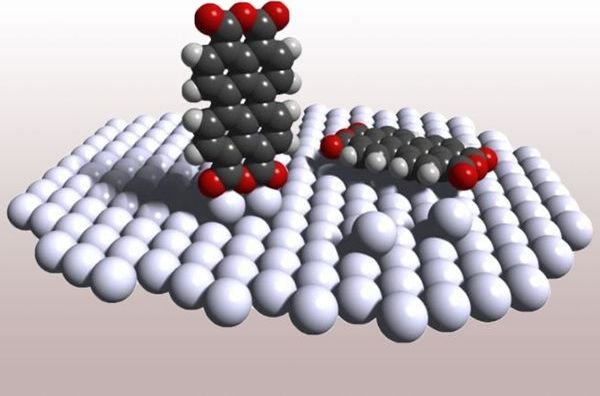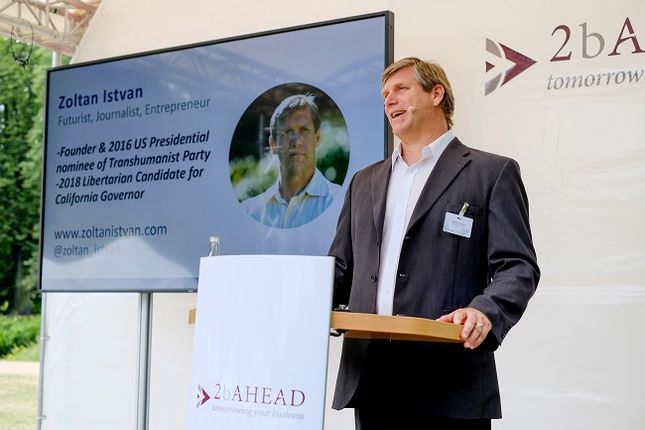Star size comparison to the edge of expanding universe.
Get the latest international news and world events from around the world.

First confirmed image of a newborn planet revealed
Nascent planet seen carving a path through the disc of gas and dust surrounding the very young star PDS70.

Scale of China’s dirty and deadly air and water problems means both nuclear and renewables are needed
China’s anti-air and water pollution plan has 2020 targets:
* ‘good-air days’ reach over 80 percent annually * Over 70% of the surface water to be drinkable * around 70 percent of the country’s offshore area water should be of good quality.
Currently about 60% of China’s water is not safe for human contact.


Too healthy for your own good?
Why on Earth would you ever want to be less than completely healthy?
Recently, Reason of Fight Aging! pointed out psychological research revealing a certain conservatism in terms of what people consider to be the “ideal” levels of happiness, intelligence, longevity, and even health.
It probably doesn’t come as a surprise that significant numbers of people in the studies weren’t too keen on the idea of living much longer than the average (around 90 years), and even under the assumption of eternal youth, their preference didn’t go past 120 on average; after all, LEAF wouldn’t be in business if the idea of healthy life extension wasn’t so inexplicably frowned upon. What’s really flabbergasting, though, is that even health—health!—is apparently something you can have too much of; on a scale from 0 (“completely unhealthy”) to 100 (“completely healthy”), the average preference gravitated somewhere between 80 and 90. These results provide us with an occasion for reflection.
(Il)logical conclusions
It’s uncertain whether the respondents in these studies realized the bizarre yet inevitable implications of their statements. If 100 means “completely healthy” and your “ideal” level of health is only, say, 85, does that mean that, should you ever perceive that you’re about “90” healthy, you’d deliberately start looking into ways of harming your own health to get back to your ideal level? How, exactly, would being “90” healthy be too much? What would you dislike about not being a little more sick? How would you benefit from being less than completely healthy? Has there ever been, at any point in your life, a moment when you thought, “Blimey, I’m far too healthy for my own good. Time to get sick”? Do you think a point will ever come when, while sick, you’ll think, “Perfect timing—I was just concerned that I was healthier than my ideal level”?

Interview_Zoltan_Istvan_EN_lang: 2bahead
A new interview I did is out at the 2b AHEAD Future Congress event I spoke at in Germany (audio and written): https://www.future.consulting/…/full-interview-with-zoltan…/ #transhumanist
2b AHEAD: So we would like to start an interview with Zoltan Istvan, the presidential candidate for the transhumanist party and leading a figure in the transhumanist movement. Also the best-selling author of “The Transhumanist Wager.” Welcome, glad that you could make it. I hope you’ve been enjoying…


This mysterious space object is baffling astronomers all over the world
The flash was about ten times brighter than a normal supernova.
Two telescopes that are part of the ATLAS project in Hawaii have discovered an unnaturally bright explosion in the sky.
The discovery, made in mid-June, was published in Astronomer’s Telegram, where the object was assigned the name AT2018cow or “The Cow” for short.
Astronomers all over the world quickly got wind of the discovery and focused their telescopes onto the area in which the object was discovered. So far, at least 24 telescopes have examined the object more closely — and yet it’s still not clear what the explosion was caused by.

Meta-analysis finds sustained benefits of neurofeedback for kids with ADHD
Fascinating findings: “1. Neurofeedback yields significant reductions in parent ratings of inattentive and hyperactive-impulsive symptoms. 2. These reductions persist for up to 2–12 months after neurofeedback ends. 3. Although medication has a larger initial effect, symptom reductions resulting from neurofeedback and medication may be comparable over a more extended time period.”
In neurofeedback treatment for ADHD, individuals learn to alter their typical pattern of brainwave activity, i.e., EEG activity, to one that is consistent with a focused and attentive state.
This is done by collecting EEG data from individuals as they focus on stimuli presented on a computer screen. Their ability to control the stimuli, e.g., keeping the smile on a smiley face keeping a video playing, depends on their maintaining an EEG state that reflects focused attention.
Over time, most individuals better at this. Supporters of neurofeedback argue that learning to alter EEG activity and focus better during training eventually generalizes to real-world tasks that require strong attention skills, e.g., reading, homework, etc.

Germany’s Bayer closes $63 billion Monsanto takeover, plans to drop US company’s name
Monsanto’s agricultural biotechnology research and development operations that are going to Bayer are the largest in the world and include making genetically modified seeds for such crops as corn, soybeans and cotton. Corn represented almost 60 percent of Monsanto’s total seed and genomics business last year.
German conglomerate Bayer on Thursday closed its $63 billion merger with St. Louis-based agribusiness giant Monsanto and plans to drop the U.S. company’s name.